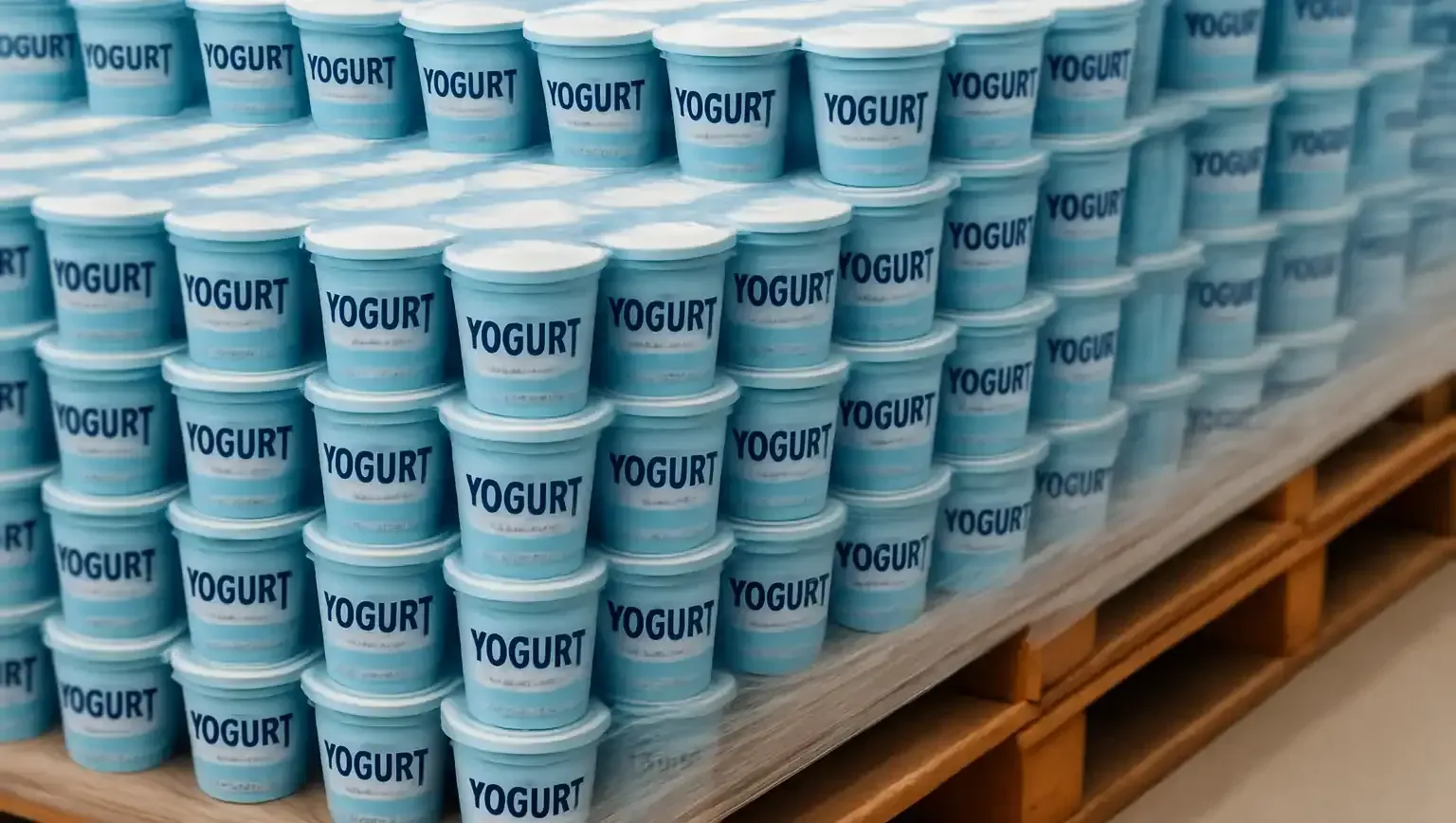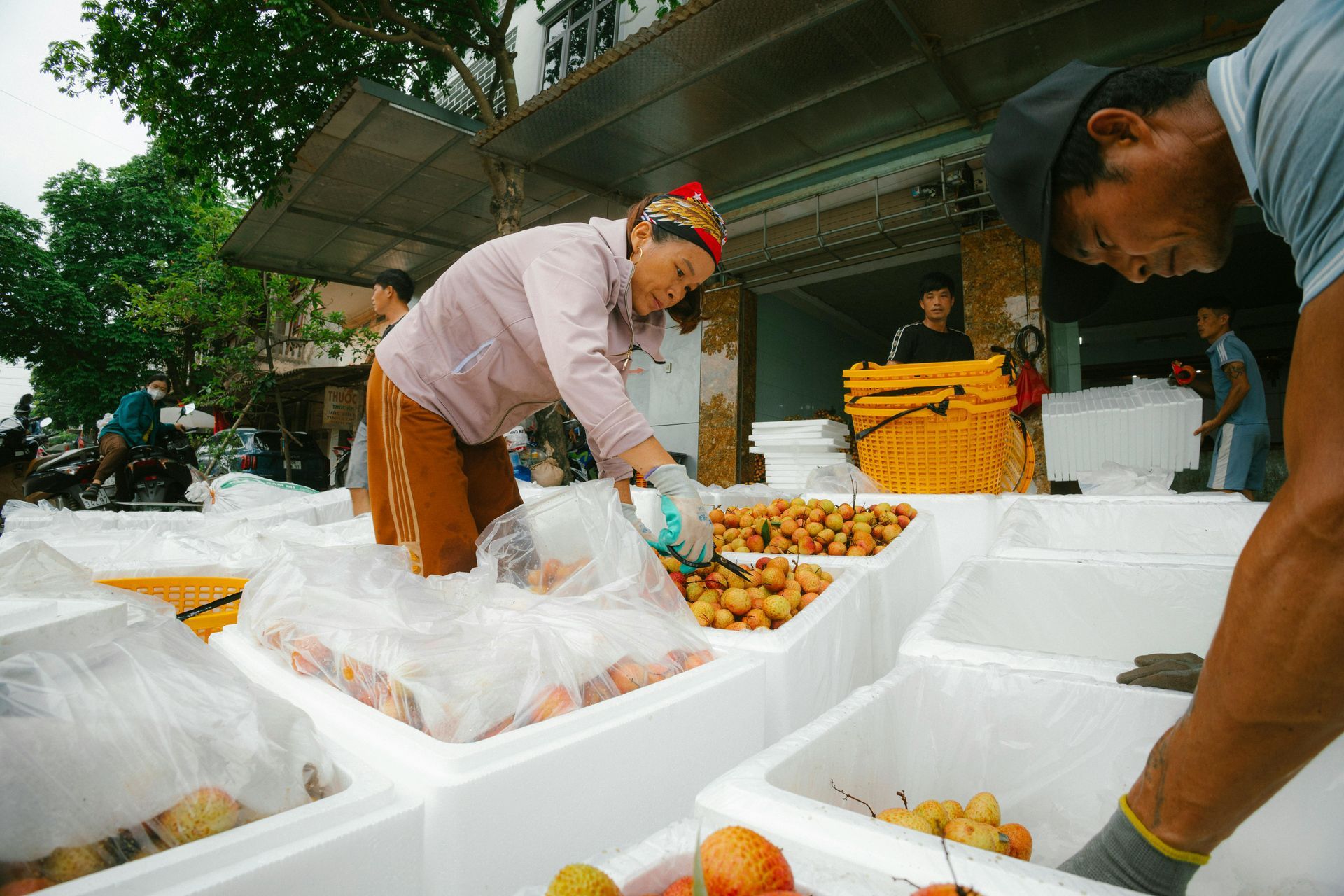Strengthening Ties: The U.S.-Chile Agreement Enhances Cheese Export Protections
In a significant development for U.S.-Chile trade relations, the two nations have approved a pivotal agreement that bolsters the existing Free Trade Agreement (FTA) between them. This new accord, formalized through an exchange of letters, introduces enhanced protections for U.S. cheese exports to Chile—an essential market for American dairy products.

A Key Market for U.S. Cheese
Chile stands as the largest U.S. cheese market in South America, accounting for more than half of all U.S. cheese exports to the continent. In 2023 alone, U.S. cheese exports to Chile exceeded $55 million. This makes Chile a critical player in the U.S. dairy export landscape, particularly for popular cheeses like parmesan, gruyere, and feta.
Navigating Trade Challenges
The new agreement comes in response to recent developments in global trade. Chile recently finalized a Free Trade Agreement (FTA) with the European Union (EU). This agreement included provisions to protect geographical indications (GIs) for various European cheeses, potentially impacting U.S. cheese exports. GIs are designations used to identify products originating from a specific place, often associated with unique qualities or reputations.
To address potential challenges posed by the EU’s GI protections, the Biden Administration engaged in negotiations to secure additional protections for U.S. cheeses in Chile. This proactive approach aims to prevent U.S. cheese products from losing market access or facing new trade barriers due to the EU’s FTA with Chile.
Industry Advocacy and Diplomatic Efforts
The International Dairy Foods Association (IDFA) played a crucial role in this process. IDFA, alongside other industry representatives, advocated for these protections by providing feedback to U.S. negotiators and engaging with Chilean officials. Becky Rasdall, senior vice president of trade and workforce policy at IDFA, praised the Biden Administration's efforts, highlighting the importance of protecting existing trade agreements.
“In a period of no new FTA negotiations, it is imperative to protect our existing agreements,” Rasdall noted. “We appreciate the Biden Administration agreeing with this sentiment and responding to the EU’s attempt to limit the benefits of the U.S.-Chile FTA.”
A Win for U.S. Dairy Producers
The new protections represent a significant victory for U.S. dairy producers, ensuring that American cheeses will continue to enjoy preferential access to the Chilean market. This outcome is particularly important in a time when new FTA negotiations are on hold, and safeguarding current trade agreements becomes increasingly vital.
IDFA commended the efforts of U.S. Trade Representative (USTR) and USDA staff in both Washington and Santiago for their successful negotiations. The organization’s collaboration with Chilean members of parliament and staff was instrumental in highlighting the economic impact of GIs and securing favorable terms for U.S. exports.
Looking Ahead
This strengthened agreement underscores the importance of maintaining and enhancing existing trade relationships. By securing additional protections for U.S. cheese exports, the U.S. and Chile reaffirm their commitment to a robust economic partnership. For U.S. dairy producers, this deal not only preserves access to a key market but also reinforces the value of ongoing diplomatic and trade advocacy.
As the global trade environment continues to evolve, the successful negotiation of this agreement serves as a reminder of the critical role that trade agreements play in supporting American industries and fostering international economic relations.
For those interested in the broader context of international trade and its impacts, staying informed about such developments can offer valuable insights into the dynamic world of global commerce.
Get actionable advice on cost-saving strategies that boost your bottom line.
Subscribe here:




















